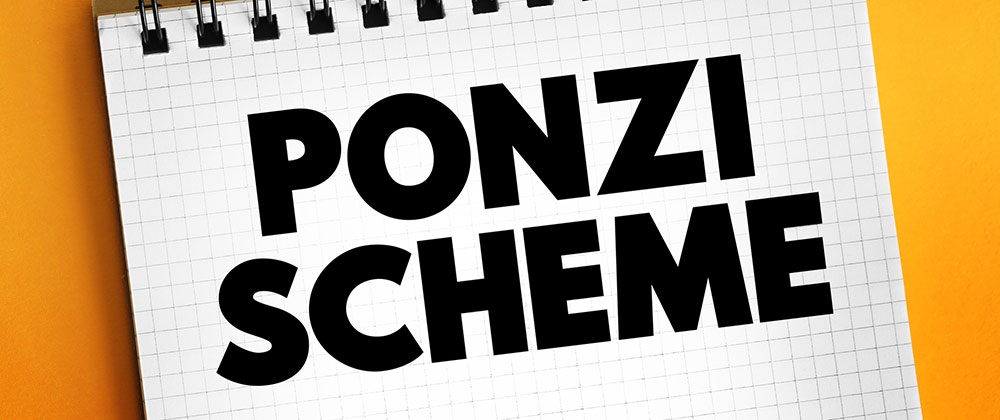In a huge defeat for the U.S. Government’s efforts to combat insider trading, the Second Circuit Court of Appeals in the case of U.S. v. Newman vacated the indictments against two Wall Street hedge fund traders previously convicted and sentenced for insider trading. Finding that no evidence could support their convictions, the Second Circuit — an appellate court historically supportive of the government’s efforts to expand the scope of insider trading liability — vacated the indictments with prejudice.
The case involved two hedge fund traders who were several steps removed from the initial inside tip of confidential information (i.e., they were remote tippees), but who utilized the leaked inside information to trade and handsomely profit. The Government prosecuted the case on the familiar legal theory that anyone who trades stock in possession of material, non-public information, and who has good reason to believe that it constitutes illegal inside information, has violated the Federal Securities Laws, namely section 10(b) of the Securities Exchange Act of 1934, and SEC Rule 10b-5 thereunder.
The Newman court disagreed and explicitly held that in order for the Government to satisfy its burden in a successful insider trading prosecution, it must establish that the recipient of the inside information (the tippee) knew that the insider (tipper) disclosed confidential information in exchange for a personal benefit, thus breaching his fiduciary duty owed to the company. The appellate court found that the trader defendants were “several steps removed from the corporate insiders and there was no evidence that either was aware of the source of the inside information.” Accordingly, to the extent the defendants did not know the source of the tip, let alone whether the source received a personal benefit (i.e., cash or reciprocal insider information) for the tip, the defendants could not as a matter of law be found guilty of insider trading. The Second Circuit also made clear that the benefit to be paid and received for the inside information must be of “some consequence” and must be evidenced in the form of a quid pro quo.
There can be no doubt the Newman decision will significantly impede the Government’s future efforts to prosecute remote tippees in insider trading cases, be it in criminal prosecutions or SEC enforcement actions. Moreover, the decision will also make even direct, first line tipper-tippee cases that much more difficult for the Government to successfully prove where there is no clear, readily discernible benefit received by the insider-tipper of the material, non-public information.
By any measure, the Newman case is a huge loss for the SEC and DOJ in the insider trading enforcement arena, and will serve as powerful ammunition for the white collar defense bar in defending future insider trading investigations, SEC civil enforcement actions and criminal prosecutions.
David Chase, a SEC defense attorney and former SEC Prosecutor, routinely defends individuals in insider trading investigations and prosecutions. For a confidential, no-cost consultation with Mr. Chase, call toll-free at: 800-760-0912, or send him an e-mail: david@davidchaselaw.com.



